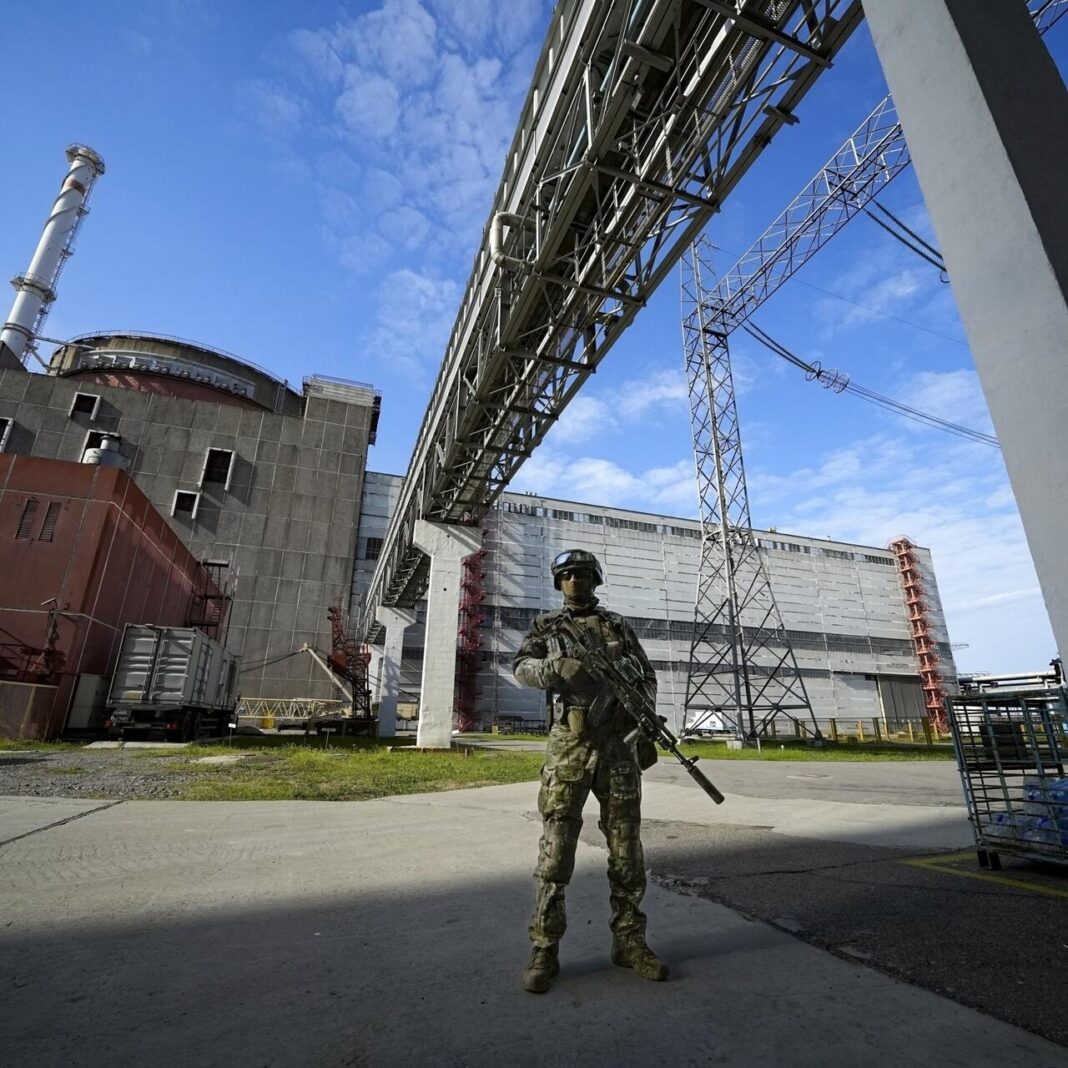Kyiv: As the U.N. experts plan to visit the Zaporizhzhia Nuclear Plant, the artillery strikes have continued overnight along a section of front line near nuclear plant in Southern Ukraine, striking towns, ammunition dumps and the Russian Military base, stated by an official from Ukraine.
The reports stated that neither Russia nor Ukraine intended to back down from the strikes that continued overnight. Although, negotiations are going on for letting the experts of the International Atomic Energy Agency (I.A.E.A.) to inspect the premises of the Zaporizhzhia Nuclear Power Plant (Z.N.P.P.), which has been damaged by the shelling.
The Nuclear plant has been running under the direction of Russian troops since they have taken over. The Ukrainian technicians and researchers have been working under their supervision and command.
The inspecting team would evaluate the physical damage to the plant, and check for the functionality of the main and backup security systems and the working conditions of the staff, said I.A.E.A.
The Russian forces fired rocket artillery and howitzers overnight at Ukraine controlled town of Nikopol, across the nuclear plant on the opposite side of the Dnipro river, stated a local military official, Valentin Reznichenko. The strikes have reportedly damaged several cars and houses, causing electric breakdown for nearly 1500 residents.
Other than that, Russian helicopters had fired rockets upon the Ukrainian military which damaged houses. However, no casualties have been reported. As per the Russian Defence Ministry, their airforce had hit Ukrainian workshops where helicopters were being repaired in the Zaporizka region.
The artillery shells, hitting the Zaporizhzhia nuclear plant, have damaged the auxiliary equipment and power lines, but the reactors have been undamaged by the strikes. With the ongoing hostilities near the plant, the chances of radiation release are really high.
Owing to the fear of radiation release, a Ukrainian official announced that the government will be distributing potassium iodide that can protect against radiation poisoning to some extent.



